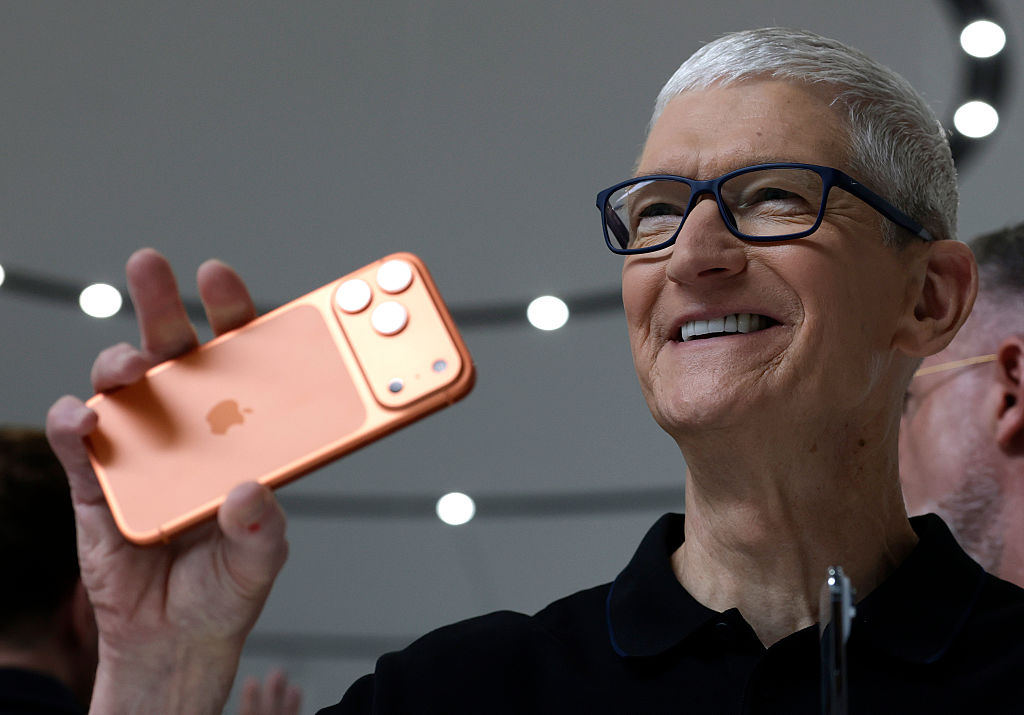Quantum computing, long heralded as the next frontier in computational power, is transitioning from theoretical exploration to tangible development. This shift is driven by a diverse array of companies, from tech giants to innovative startups, all striving to overcome the challenges inherent in building practical quantum systems. These challenges include developing reliable quantum chips capable of hosting large numbers of qubits—the fundamental units of quantum information—and addressing issues like error correction and system scalability.
Tech Giants Leading the Charge
IBM
IBM has been a pioneer in quantum computing, consistently pushing the boundaries of the field. In December 2023, IBM unveiled the Quantum System Two, the first modular utility-scale quantum computer system. This system incorporates three IBM Quantum Heron processors, each featuring 156 qubits. The Heron processor represents a significant advancement, eliminating cross-talk errors present in previous models and offering enhanced performance. IBM’s roadmap includes scaling these systems to perform up to a billion operations in a single quantum circuit by 2033, underscoring their commitment to achieving practical quantum utility.
Google’s Quantum AI division has made notable strides, particularly with the development of the Willow processor. Announced in December 2024, Willow is a 105-qubit superconducting quantum processor that demonstrated exponential error reduction as the number of qubits increased. This achievement is pivotal for scaling quantum systems while maintaining reliability. Willow also completed a Random Circuit Sampling benchmark task in five minutes—a task that would take today’s fastest supercomputers an estimated 10 septillion years—highlighting its computational prowess.
Microsoft
Microsoft’s approach to quantum computing focuses on topological qubits, which promise greater stability and scalability. In February 2025, Microsoft introduced the Majorana 1 chip, marking a significant milestone in their quantum research. This chip employs Majorana fermions to create qubits that are more resistant to errors, potentially reducing the number of qubits required for complex computations. Microsoft’s goal is to build a utility-scale quantum computer by the end of the decade, aiming to revolutionize fields such as medicine and cybersecurity.
Amazon
Amazon entered the quantum computing arena with the introduction of Ocelot, a quantum chip developed in partnership with the California Institute of Technology. This initiative, announced in early 2025, complements Amazon’s existing quantum computing service, Braket, which provides access to quantum hardware from various providers. Ocelot signifies Amazon’s commitment to developing proprietary quantum technologies and expanding its presence in the quantum computing landscape.
Innovative Startups Making Their Mark
PsiQuantum
PsiQuantum, a startup specializing in photonic quantum computing, is making significant strides in the field. In March 2025, the company raised at least $750 million at a $6 billion pre-money valuation, led by BlackRock. PsiQuantum utilizes traditional semiconductor manufacturing techniques and existing photonics technology to produce quantum chips at scale, working with GlobalFoundries in New York. The company aims to develop high-volume quantum computing processors, a task that involves significant complexity and expense. PsiQuantum collaborates with the governments of Australia and the United States to build quantum computers in Brisbane and Chicago. The startup anticipates having a functional quantum machine by 2029 or sooner.
Alice & Bob
French startup Alice & Bob is working toward building a fault-tolerant quantum computer. In January 2025, the company raised a $104 million Series B funding round to advance its research. Alice & Bob focuses on developing a full quantum computing system using cat qubits, a type of superconducting qubit designed to reduce errors and simplify error correction processes. This approach aims to address one of the most significant challenges in quantum computing: maintaining qubit stability over time.
Atom Computing
U.S.-based Atom Computing is developing quantum computers using arrays of optically trapped neutral atoms. In collaboration with Microsoft, Atom Computing announced plans to launch a commercial quantum computer in 2025. This partnership highlights the potential of combining innovative startup technologies with the resources and expertise of established tech companies to accelerate the development of practical quantum systems.
D-Wave
D-Wave, a company specializing in quantum annealing, continues to advance its quantum computing systems. The company’s latest flagship system, the Advantage2 prototype, utilizes quantum annealing to solve complex optimization problems by finding the most stable, lowest-energy configurations. Founded in 1999 as a spinoff from the University of British Columbia, D-Wave is now a public company listed on the NYSE, reflecting its longstanding commitment to quantum computing research and development.
The Road Ahead
The race to develop practical quantum computers is intensifying, with both established tech giants and agile startups contributing to rapid advancements in the field. While significant challenges remain, particularly in scaling systems and reducing error rates, the progress made by these companies suggests that quantum computing is moving closer to becoming a commercial reality. The potential applications of quantum computers are vast, ranging from drug discovery and materials science to cryptography and complex system modeling. As research and development efforts continue, the coming years are likely to witness groundbreaking achievements that could redefine the computational landscape.



